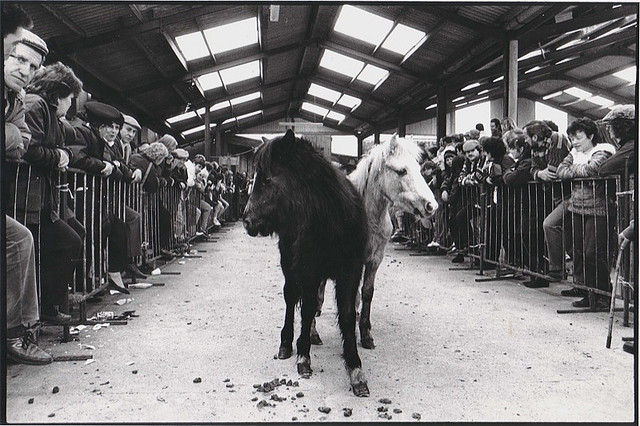Misconception 1: Horse Meat is the Staple Food in Mongolia
In contrast to preferred view, equine chicken is not a essential food items in Mongolia. It's accurate that equines keep a special area in Mongolian culture, and they are utilized for transit, sports, and also spiritual purposes. Nonetheless, steed pork intake is limited to particular celebrations such as celebrations or exclusive occasions.

In truth, beef and mutton are even more typically taken in porks in Mongolia than steed pork. The cause why horse chicken has got notoriety outside Mongolia is that it's thought about a delicacy due to its special flavor and structure.
Fallacy 2: Horse Meat Consumption is Harsh
Another myth neighboring horse meat usage in Mongolian food is that it's vicious to consume steeds. This myth stems coming from Western side cultural standards where equines are mostly viewed as buddy pets somewhat than livestock.
In Mongolia, equines are elevated for several functions consisting of transit, sports, dairy manufacturing, and yes - also for their chicken. Horses raised for their pork are alleviated along with appreciation and care simply like any kind of various other animals creature.
Mongolians believe that taking in steed chicken gives them along with stamina and endurance - important qualities needed for their nomadic way of life.
Fallacy 3: Horse Meat Consumption Puts Wild Horses at Danger
Some creature liberties lobbyists assert that eating tamed equines places crazy steeds at risk because people might mistake them for domesticated ones. Nevertheless, Look At This Piece doesn't hold up when examined very closely.
First and foremost, crazy equines look significantly various from domesticated ones - they have long locks and tails while domesticated horses have quick ones. The second thing is, wild steeds are safeguarded through the Mongolian authorities, and it's illegal to hunt them for pork.
Mongolians take terrific treatment in elevating their steeds and ensuring that they don't mix with crazy packs. For that reason, taking in domesticated steed pork doesn't placed untamed steeds at risk.
Fallacy 4: Horse Meat is Unhealthy
Eventually, there's a misconception that equine meat product is undesirable due to the visibility of diseases or bloodsuckers. Nevertheless, this argument is unjustified as long as the meat product is properly well prepared and cooked.
In truth, horse pork has several wellness benefits such as being reduced in fat and high in healthy protein. It's additionally abundant in iron, vitamin B12, and various other vital nutrients.
Final thought
Mongolian dishes gives a distinct cooking encounter that combinations tradition with neighborhood ingredients. While equine chicken consumption is a controversial element of this food, it's important to understand the simple facts prior to helping make any sort of presumptions.
Horse meat consumption isn't a standard food in Mongolia nor is it harsh or unhealthy when properly prepared. It's an necessary part of Mongolian culture and practices that ought to be respected simply like any type of various other social method.